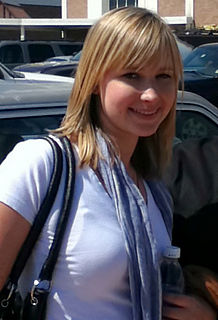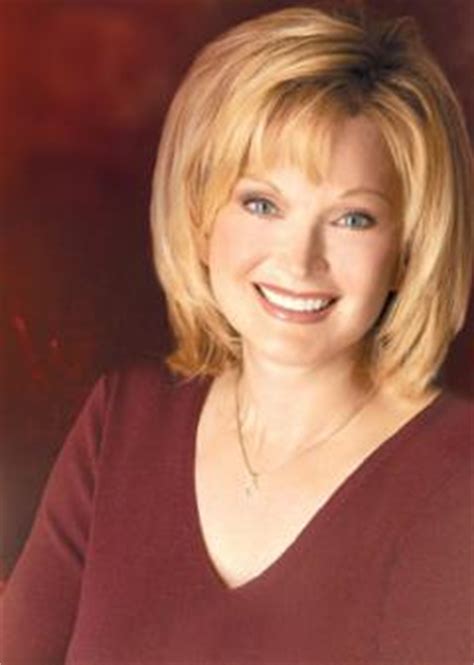A Quote by Gaston Bachelard
Very often, I confess, the teller of dreams bores me. His dream could perhaps interest me if it were frankly worked on. But to hear a glorious tale of his insanity! I have not yet clarified, psychoanalytically, this boredom during the recital of other people's dreams. Perhaps I have retained the stiffness of a rationalist. I do not follow the tale of justified incoherence docilely. I always suspect that part of the stupidities being recounted are invented.
Related Quotes
I had begun to think that dreams are meant to be no more than dreams and that in reality dreams don't come true. Then my brother (Zac) left on his trip. It was amazing to see all the support that he got from around the world and to see how everyone worked together to help make his dream reality. Watching him do this really made me believe that I could too.
I was stuck in the feeling that one did not--was not justified in being alive unless one was fulfilling other people's dreams, whether they were contractual dreams or the public's dreams, or fulfilling my own dreams and illusions about what I thought I was supposed to be, which, in retrospect, turned out to not be what I am.
Stories are thick with meanings. You can fall in love with a story for what you think it says, but you can't know for certain where it will lead your listeners. If you're telling a tale to teach children to be generous, they may fix instead on the part where your hero hides in an olive jar, then spend the whole next day fighting about who gets to try it first. People take what they need from the stories they hear. The tale is often wiser than the teller.
I don't think my father considered allowing a teenager to follow his dreams was necessarily good parenting, or even parenting. I think he thought I was a teenager with teenage impulses. I'm pretty sure he knew that if he just let me follow those impulses, it would wind up being very expensive and perhaps even life-endangering.
Can you hear the dreams crackling like a campfire? Can you hear the dreams sweeping through the pine trees and tipis? Can you hear the dreams laughing in the sawdust? Can you hear the dreams shaking just a little bit as the day grows long? Can you hear the dreams putting on a good jacket that smells of fry bread and sweet smoke? Can you hear the dreams stay up late and talk so many stories?
The artist usually sets out -- or used to -- to point a moral and adorn a tale. The tale, however, points the other way, as a rule. Two blankly opposing morals, the artist's and the tale's. Never trust the artist. Trust the tale. The proper functions of a critic is to save the tale from the artist who created it.
The voice so filled with nostalgia that you could almost see the memories floating through the blue smoke, memories not only of music and joy and youth, but perhaps, of dreams. They listened to the music, each hearing it in his own way, feeling relaxed and a part of the music, a part of each other, and almost a part of the world.








































